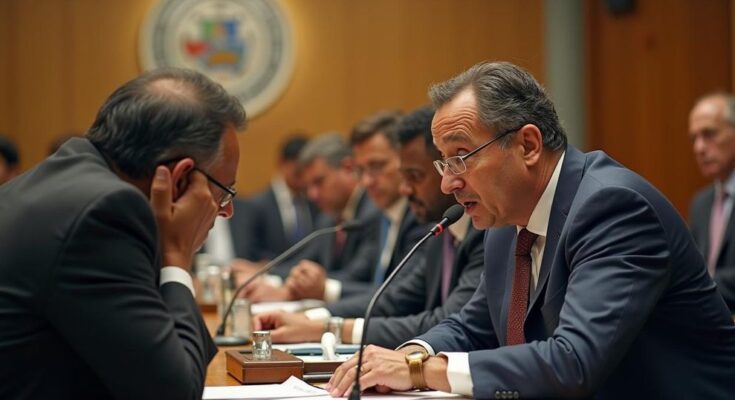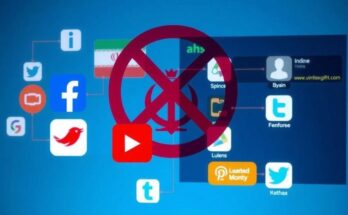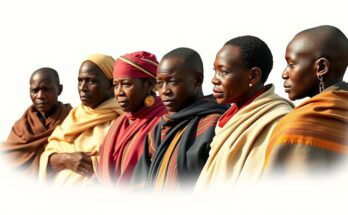Bolivia is joining South Africa in a genocide case against Israel at the International Court of Justice, accusing the nation of violations under the 1948 Genocide Convention due to military actions in Gaza. This legal move follows the significant loss of life and humanitarian crises resulting from ongoing hostilities, with Bolivia emphasizing the need for international condemnation of genocide. A coalition of 14 countries is now engaged in this case, which could impact international legal norms concerning state responsibility for alleged genocide.
In a significant development concerning the ongoing conflict in Gaza, Bolivia has officially joined South Africa in a legal case against Israel at the International Court of Justice (ICJ). This partnership emerged in the wake of the ongoing military actions in Gaza, following the recent commemoration of the first anniversary of the Hamas attack, which catalyzed the escalation of hostilities in the region. Bolivia’s legal action, initiated with an appeal on October 9, asserts that Israel has committed “perpetrating genocidal acts” in Gaza and breaches the 1948 Genocide Convention. Bolivia’s participation underscores its denunciation of Israel’s actions, which include intensified assaults leading to significant Palestinian casualties—approximately 42,000 lives lost as reported since October 7, 2023. In solidarity with South Africa, Bolivia is advocating for the ICJ to officially denounce genocide, emphasizing that the continued conflict has rendered prior court orders ineffective against Israel. Among the nations rallying behind this case are Colombia, Libya, Spain, Mexico, Nicaragua, Turkey, and others, who collectively argue against Israel’s military strategies in Gaza. Furthermore, South Africa’s initial complaint, submitted on December 29, 2023, explicates the assertions of Israel’s violations of the 1948 Genocide Convention, specifically through military assaults and the obstruction of humanitarian aid, which exacerbates the humanitarian crisis in Gaza. Despite Israel’s defense claims and denial of these allegations, the ICJ has urged the Israeli government to mitigate its military actions and provide updates regarding civilian protections. However, Israel’s ongoing operations, now spilling into Lebanon amid fears of broader regional instability, have resulted in further escalation, driving fears of an expanded conflict. In summary, Bolivia’s collaboration with South Africa marks a vital international legal effort aimed at addressing what they contend as genocidal actions by Israel in Gaza, amid an ever-worsening humanitarian situation and increasing casualties on the ground.
This article centers around Bolivia’s strategic legal alliance with South Africa in pursuing a case against Israel at the International Court of Justice concerning allegations of genocide stemming from Israel’s military actions in Gaza. The case arises during a period of intense conflict, following the attack by Hamas and subsequent Israeli retaliations, which have led to significant loss of life and humanitarian crises in the region. The ICJ serves as a platform where nations assert claims against other states for violations of international law, particularly under the Genocide Convention, which prohibits actions of genocide and mandates accountability. The context includes shifts in diplomatic relations, with Bolivia severing ties with Israel, and a growing coalition of countries expressing support for the case against Israel.
Bolivia’s decision to support South Africa’s case against Israel in the ICJ not only highlights the international community’s response to the humanitarian disaster in Gaza but also marks a critical moment in international law regarding the allegations of genocide. With a coalition of 14 countries now involved in the case, including significant Latin American and European nations, the outcome of these proceedings could have profound implications for global discussions on human rights, state accountability, and the legal definitions of war crimes. The situation remains fluid, as the humanitarian implications of the conflict continue to develop, necessitating urgent international attention and intervention.
Original Source: www.outlookindia.com




